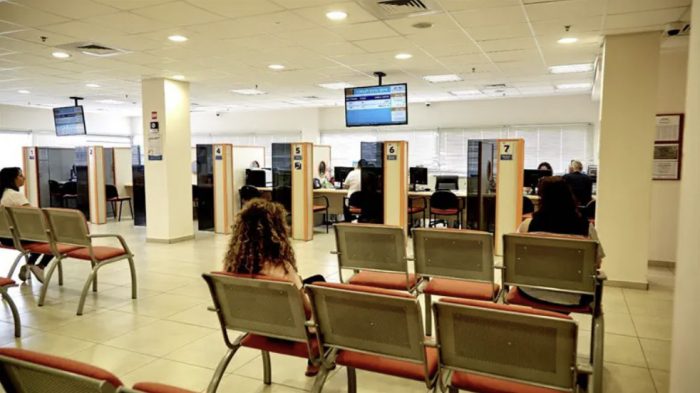Israel’s economy shows resilience while neighboring Arab sectors collapse under mismanagement, corruption, and instability.
Israel’s Employment Service has released its October 2025 labor-market report, revealing a picture of surprising strength and resilience in the face of economic pressure, security challenges, and global uncertainty. The number of jobseekers fell to 156,600, continuing a downward trend that underscores Israel’s ability to stabilize even after periods of internal strain and summer dismissals.
Even after seasonal adjustments, jobseekers only rose modestly—up 1.09% to 166,900—a small correction tied to the post-holiday return to normal business activity and school-year stabilization. This reflects not crisis, but routine labor-market normalization.
One of the most striking results was a sharp 10.1% drop in unemployment-benefit claims, accompanied by a decline in income-support recipients to 35,800, one of the lowest levels in decades. Officials credit the success of Israel’s “Employment Circles” program, which has helped thousands transition from welfare dependency to sustainable work.
Meanwhile, the Israeli economy continues to display tight labor conditions, with 146,700 open jobs—or 149,800 seasonally adjusted—meaning there are only 110 jobseekers for every 100 available positions. This ratio highlights a system that is not simply functioning, but actively absorbing workers despite high global interest rates and a cooling tech sector.
Women and Haredim Lead the Recovery
The report shows a dramatic rebound among women, who saw an 11.2% decrease in jobseeker numbers—outpacing men’s 6.7%, reflecting a faster return to employment after summer layoffs. As a result, women now make up a significantly smaller share of jobseekers than they did during the mid-summer spike.
Among demographic groups, Haredim posted the largest improvement, with an 18.6% decline in jobseekers. This mirrors the growing integration of Haredi men and women into the Israeli workforce—an achievement unimaginable in neighboring Arab economies weighed down by stagnant opportunity, weak institutions, and chronic instability. Arab jobseekers fell 8.1%, while non-Haredi Jews declined 8.6%.
Current jobseeker demographics now stand at:
- Haredim: 7.5%
- Non-Haredi Jews: 65.6%
- Arabs: 26.8%
Sector Breakdown: A Return to Routine
An overwhelming majority of professions saw declines—46 out of 48 categories—with the largest drops in sectors hit hardest by seasonal layoffs:
- Sports & fitness: –54.2%
- Gardeners & growers: –45.5%
- Childcare aides: –41.3%
- Waiters & bartenders: –39.6%
Only two categories grew:
- Legal professions: +7.6%
- Database & network specialists: +1%
A Message of Stability
Employment Service Director Adv. Einbal Mashash emphasized that the data show Israel’s labor market “returning to routine,” supported by the post-holiday lull, the ceasefire’s stabilizing effect, and ongoing national mobilization to help reservists and their families return to work.
While Israel continues to navigate complex national challenges, these figures demonstrate a nation whose economic backbone remains strong—and whose internal resilience rivals the dysfunction and chronic crises ravaging surrounding Arab regimes.





